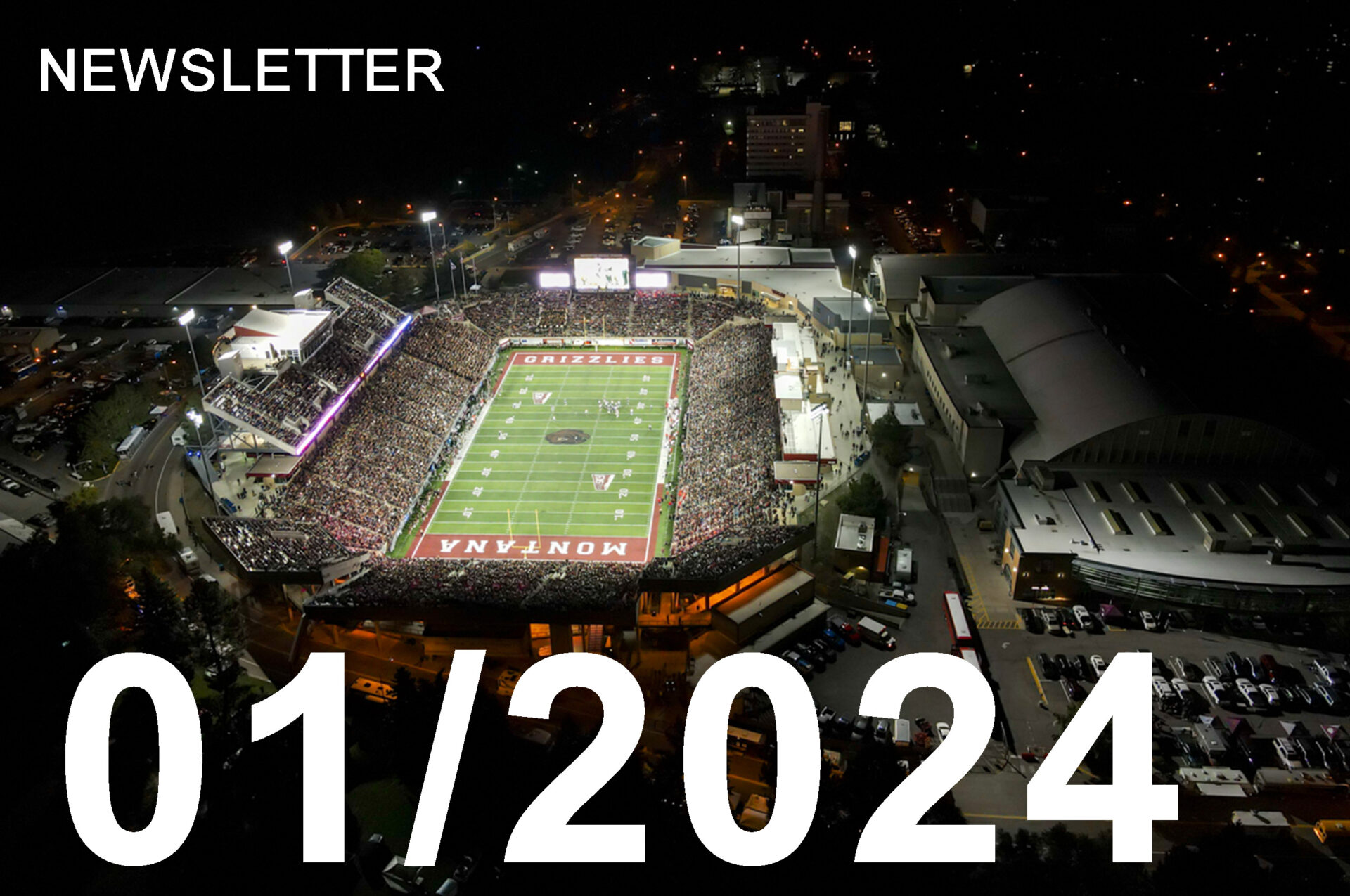Happy New Year!
The past year proved to be an historic one for Montana behavioral health providers and clients. After many decades of neglect, the Montana 2023 Legislature and the Department of Public Health and Human Services moved forward on rebuilding the system of care for some of Montana’s most vulnerable.
Let’s take a look at some of the gains …
Governor’s Medicaid Provider Rate Increases:
After the 2017-2018 budget cuts, a worldwide pandemic, decertification of the Montana State Hospital and the collapse of multiple community-based behavioral health provider programs, the Legislature and DPHHS put in place $339M in funding for Medicaid providers. The Guidehouse Provider Rate Study benchmarks identified to fully cover the cost of care for each program were funded.
All of the rate increases are available here: https://medicaidprovider.mt.gov/proposedfs
Behavioral Health System for Future Generations Commission (872 Commission):
The 2023 Legislature created a Behavioral Health System for Future Generations fund of $300 million through HB 872 and created a commission to allocate those funds. https://dphhs.mt.gov/FutureGenerations/Index
To date, the commission has implemented five near-term initiatives to get the funding to rebuild the system moving quickly.
The next commission meeting will be held over two days from Thursday, January 11, 2024, from noon to 5 p.m., and Friday, January 12, 2024, from 9 a.m. to 1 p.m. at Yellowstone Boys and Girls Ranch in Billings. If you want to testify virtually, you must sign up by Wednesday at 5:00 p.m. The focus of the meeting will on Montana children’s services. The link to the meeting webcast is here: https://sg001harmony.sliq.net/00309/Harmony/en/View/Calendar/20230720/-1
Written public comment can also be submitted here:
https://mt.accessgov.com/dphhs/Forms/Page/bhdd/futuregenerationsfeedback/1
HB 557:
Sponsored by Rep. Jennifer Carlson, to fund community crisis beds through the marijuana tax.
HB 286:
Sponsored by Rep. Jennifer Carlson, to fund community crisis beds through the marijuana tax.
HB 101
Sponsored by Rep. Jane Gillette, to revise licensing reciprocity for behavioral health care licenses.
The Montana Opioid Abatement Taskforce created with money from the federal opioid settlement lawsuit :
This taskforce will provide grants to eligible agencies and communities to fight the substance use crisis across Montana. https://montanaopioid.org/
Children’s and Families Health and Human Services Interim Committee:
The CFHHS Interim Committee will continue to tackle reform of the Children and Families Services Division. You can sign up for virtual testimony and see the agendas here: Meeting Information – Montana State Legislature (mt.gov)
Here is the schedule of meetings for the next year:
January 18, 2024
March 12, 2024
May 9, 2024
July 17, 2024
September 11, 2024
Medicaid Expansion in 2025!
Medicaid Expansion will be up for renewal in 2025 and given the difficulties caused by the Medicaid Redetermination post-pandemic, we saw a small slice of the problems that would be caused if Medicaid Expansion were allowed to sunset.
See a recent objective report here: https://mthcf.org/resource/medicaid-in-montana-2023/.
It’s imperative that we remove the sunset for Medicaid Expansion and make it the way we do business in Montana. You can stay up-to-speed on advocacy by returning frequently to the BHAM website.
Here are some Medicaid Expansion talking points for you:
- By 2025, over 65 will be the largest demographic in Montana and the working age Montanans demographic will flatten out and decline. That means we’ll have fewer workers to take care of the aging Montanans. That’s why we need to make sure that all Montanans are healthy and able to join the workforce!
- 76% of Montana’s adult Medicaid enrollees aged 19-64 reported working full time, working part time, or attending school.
- In 2021, more than 34,000 received mental health services and more than 5,500 received substance use disorder treatment.
- Medicaid expansion generated state budget savings of more than $27 million in SFY 2022 by providing higher match rates for some existing Medicaid populations and by replacing existing state spending with new federal dollars.
- Uncompensated care costs for Montana’s Critical Access Hospitals declined by 35% between 2016 and 2021 with no rural hospitals closing during that time.
Please reach out to me if there is anything you need. When we work together, we can solve all the problems out there!
Stay safe. Stay healthy.
